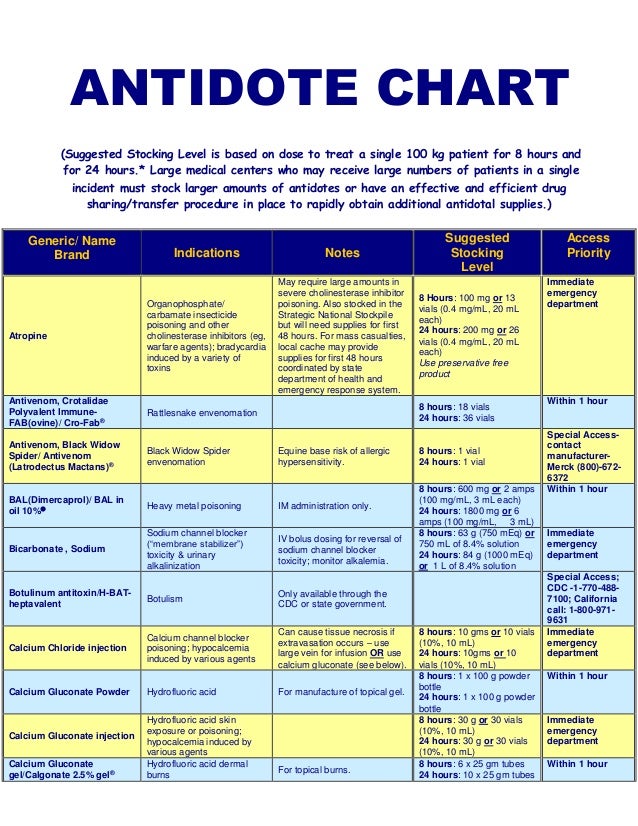
Chronic iron deficiency was observed in consequence to reduction in protein intake. Since cervical trauma, the patient had experienced neurogenic bladder and neurogenic bowel dysfunction. His medical history included stent-treated myocardial infarction, cholecystectomy, double biliary tract stenting, no smoking, no diabetes, sporadic and moderate alcohol intake prior to hospital admission, no renal or liver dysfunction, no epilepsy, and untreated spondylogenic myelopathy. Neurosurgical intervention was ineffective in decompressing the spinal cord, and no neurological recovery occurred. The case involves a 70-year-old Caucasian man who was admitted to our neurorehabilitation ward (Neurorehabilitation 1, Santa Lucia Foundation, Rome, Italy) following a fall with cervical trauma that resulted in immediate tetraplegia (AIS A, C5 level, according to the American Spinal Injury Association classification). This case report highlights the importance of the individual response to certain pharmacological agents and suggests that further studies need to be conducted both on flumazenil and gabapentin pharmacodynamics to better understand their molecular–receptor activity, and on possible multiple flumazenil mechanisms of action, beyond its classical strict benzodiazepine antagonist action.

Intravenous 0.25 mg of flumazenil (Anexate) was administered, resulting in complete neurocognitive recovery with a Glasgow Coma Score of 15. Head computerized tomography, electrocardiogram, electroencephalogram, vital signs, blood tests, breathing, and blood oxygenation were normal.

One morning, the patient was found unresponsive, with a Glasgow Coma Score of 3. Gradual baclofen and gabapentin administration was prescribed, with reduction in both pain and spasticity. During his stay, he suffered from lower limb pain, both neuropathic and due to severe spasticity. Case presentationĪ 70-year-old Caucasian man was admitted to our neurorehabilitation ward following a fall with cervical trauma that resulted in immediate tetraplegia.

We present a flumazenil-reversed gabapentin-induced coma case, which, to our knowledge, is the second one described in scientific literature. Gabapentin and baclofen are frequently used to treat these conditions. Spasticity and neuropathic pain are common in patients after spinal cord injury and negatively affect patients’ quality of life.


 0 kommentar(er)
0 kommentar(er)
